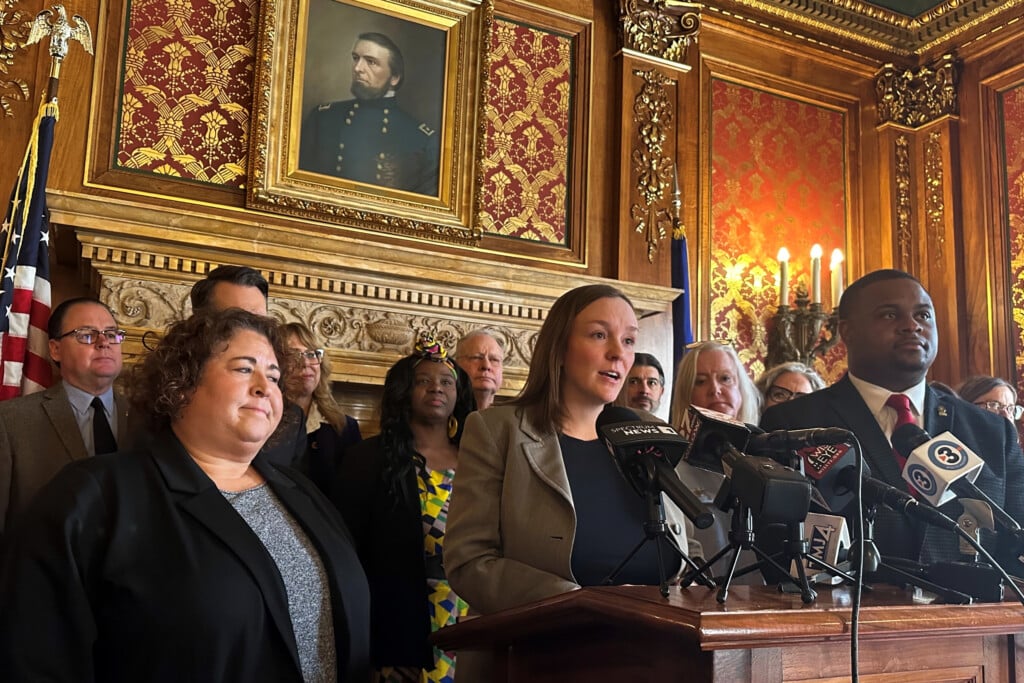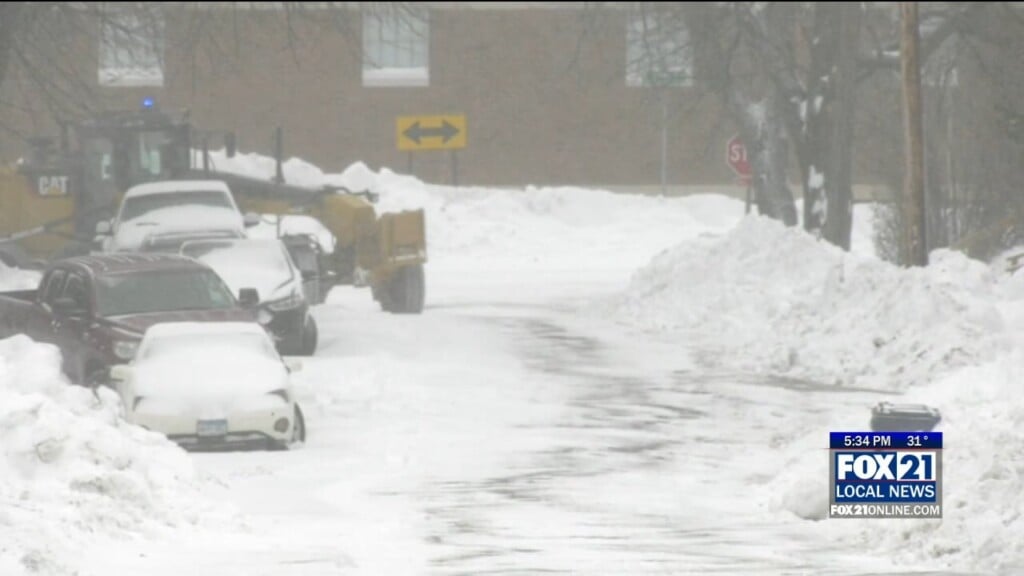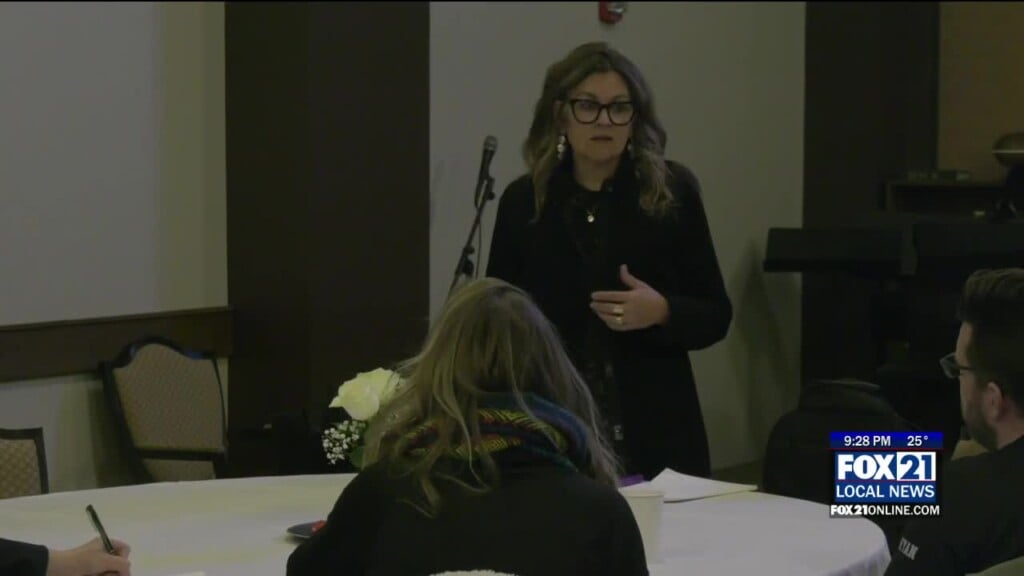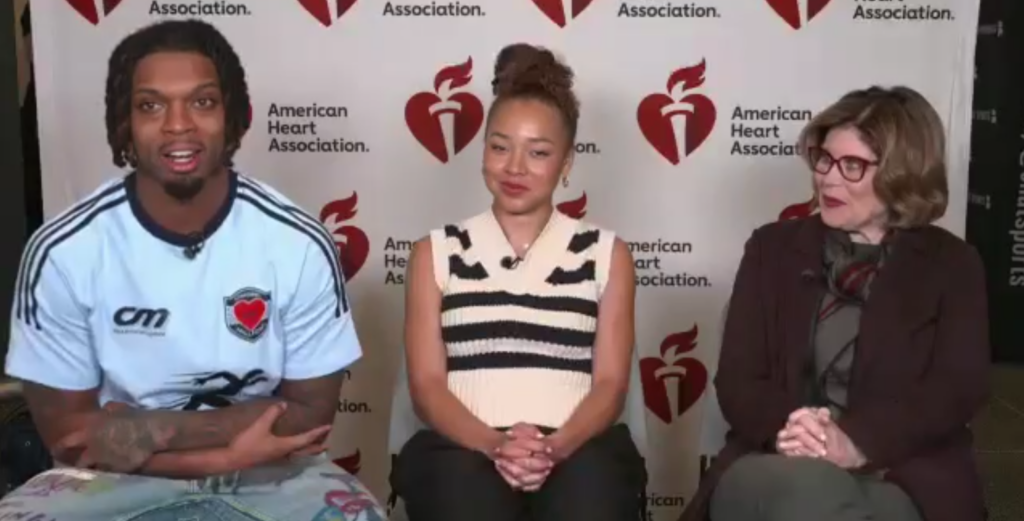Drug Overdoses Almost 7x Higher Now Compared To 2013
DULUTH, Minn. — Total overdoses are 7 times higher than they were in 2013 in Duluth from opioids, this epidemic continues to cause problems in Duluth, we took a look at the current numbers that might be surprising to some.
In 20-13, there were 42 total overdoses in one year in Duluth. This year, which isn’t even over yet, has had 289 overdoses. Officials have called this a significant increase, as the number of deaths from overdoses is the highest it’s been in the last 8 years. The effects of the pandemic and lockdowns may have played a role.
“When you’ve got somebody who’s suffering with a substance abuse disorder, and you combine that with the isolation and inability to get the services or people to get to them for services you’re going to have people that are going to have problems,” Lieutenant Jeff Kazel, Commander for the Lake Superior Drug and Violent Crime Task Force, said.
Some of these deaths are linked to meth use, but the majority are from opioids. First responders are trained to recognize the signs of an opioid overdose.
“A big tell-tale sign with the opioid is the lack of breathing, and the pupils will sometimes become very pinpoint and constrict, so that’s another tell-tale sign,” Curtis Drommerhausen, Firefighter, Duluth Fire Department, said.
This year alone, they’ve been able to save 184 people who o-d’ed in Duluth with narcan, but not all overdoses push someone onto the road to recovery.
“It’s hard to see sometimes just because of the way drugs affect people’s lives and like I said it can affect anybody not just low income status people, anybody at any income, it can affect them, addiction can hits everybody hard and it is hard to see,” Drommerhausen said.
“It’s very difficult, these are mothers, brothers, fathers, sisters, daughters, people like you and I, the problems that we have is that there’s a stigma related with it, and people just don’t want to care about it, but you’re talking about a disease, none of these people want to have a substance use disorder,” Lt. Kazel said.
And while addiction is an illness that has an uphill battle, recovery is always possible. Officials want people to know they’re here to help, and not make a situation worse.
“We are a resource to help, so that is one thing we strive for, we try to be there to help, were not where to judge or to punish or do anything, were there to make sure that they’re okay and that they survive for one, and hopefully we can push them down the right road of getting the help they need,” Drommerhausen said.
The Duluth Police Department also offers a service called S.U.R.T., which is the Substance Use Response Team.
“We have people who will actually respond to people that we know that are overdosing, and offer them the services that are out there, help them navigate through all the bureaucracy in getting treatment, getting an assessment and treatment and getting help that they need, instead of spiraling into an abyss that’s deadly,” Lt. Kazel said.
Fortunately here in the Northland we do have quite a few resources that can help with rehab and recovery, and many resources are free.
If you need help, you can reach out to the Minnesota Adult and Teen Challenge Northland Center, and the Chris Jensen Health and Rehabilitation Center. Professionals urge anyone to look them up or reach out, if they need the help.







